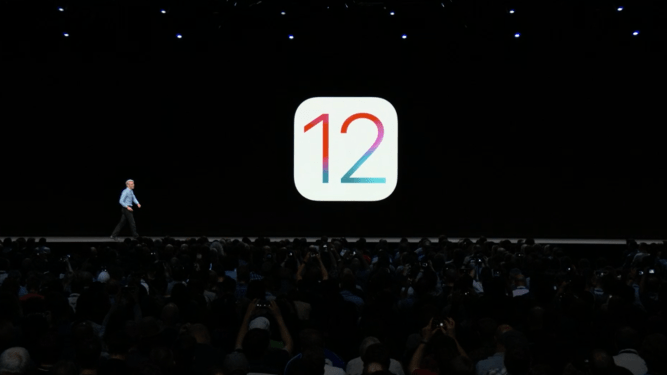
James Howells, a 44-year-old IT engineer from Newport, Wales, is embroiled in a high-stakes legal battle to reclaim his lost hard drive containing private keys to 8,000 Bitcoin (BTC) – valued at an estimated $773 million. The drive was carelessly discarded in a landfill in 2013 and has been inaccessible due to environmental regulations.
A Fortune Lost and Found
The 2009-era BTC on the drive represents a significant portion of the earliest days of the cryptocurrency market. Despite the immense value lost, Howells remains optimistic about recovering his fortune and plans to use it for various purposes, including compensating stakeholders, contributing to the crypto community, and potentially reinvesting in blockchain projects.
The Legal Battle
Howells has assembled a team of world-class lawyers and experts in AI technology trained in UK law to argue his case. His goal is to gain access to the landfill site while complying with legal and environmental regulations. To support this effort, he has employed advanced artificial intelligence (AI) to identify relevant legal precedents, such as the landmark case of Target Holdings Ltd v Redferns [1996] AC 421.
In an exclusive interview with Cointelegraph, Howells explained that his team aims to argue for "equitable compensation" in the event that returning the original property is not possible. This precedent sets a significant legal foundation for his case.
The Importance of Precedent
Howells’ reliance on relevant legal precedents highlights the significance of understanding and navigating the complex regulatory landscape surrounding cryptocurrency ownership. By citing established cases like Target Holdings Ltd v Redferns, his team aims to establish a strong basis for their argument.
Target Holdings Ltd v Redferns [1996] AC 421 is a crucial case that established the principle of "equitable compensation" in situations where returning the original property is not feasible. This precedent provides valuable insight into how courts may approach disputes related to lost or misplaced assets, including cryptocurrencies.
A Potential Solution
If successful in his quest to retrieve the hard drive, Howells plans to secure the holdings and compensate various stakeholders. He has made public pledges to support local community initiatives, demonstrating his commitment to responsible wealth management.
In addition to compensating stakeholders, Howells envisions using his recovered BTC as a "burn address" or "vault" to provide verifiable backing for cryptocurrency ventures. This approach could potentially foster greater transparency and accountability in the crypto market.
The Council’s Response
Despite Howells’ determination, the Newport City Council has refused permission to search for the hard drive, citing environmental concerns under their permit. However, Howells claims that the council has allegedly breached its landfill regulations in recent years by releasing arsenic, asbestos, ammonium nitrate, and methane gases into the local environment.
He alleges that there are 100 independently verified pieces of evidence supporting this claim. This contradiction raises questions about the council’s motivations for denying access to the landfill site.
The Future of Blockchain
Regardless of the outcome in his current legal battle, Howells remains committed to contributing to the crypto community and advancing blockchain technology. He has expressed interest in investing in and launching his own home-grown blockchain projects, highlighting the potential for innovation in this space.
In an era where cryptocurrency adoption is increasing rapidly, Howells’ determination serves as a testament to the growing importance of responsible wealth management and transparency in the industry.
The Verdict
As the high-stakes legal battle unfolds, one thing remains clear: James Howells’ unwavering dedication to reclaiming his lost BTC fortune has captured the attention of the global crypto community. Whether he emerges victorious or not, his quest serves as a powerful reminder of the complexities and challenges surrounding cryptocurrency ownership.
In an industry where regulatory frameworks are still evolving, cases like this underscore the importance of education, advocacy, and responsible management in navigating the ever-changing landscape of digital assets.
A Call to Action
For those invested in the crypto market, Howells’ story serves as a poignant reminder of the risks associated with losing access to valuable assets. It highlights the need for greater awareness about the potential consequences of misplaced or lost cryptocurrencies and emphasizes the importance of taking proactive steps to mitigate these risks.
Moreover, it underscores the significance of building robust support systems, investing in education and training, and promoting collaboration between stakeholders to foster a more transparent and secure crypto ecosystem.
Conclusion
As the fate of Howells’ $773 million in lost BTC hangs in the balance, one thing remains certain: his determination will continue to inspire and educate those interested in the complexities surrounding cryptocurrency ownership. The outcome of this high-stakes legal battle has far-reaching implications for the entire crypto community.
Will James Howells emerge victorious, reclaiming a fortune lost in the depths of a Welsh landfill? Only time will tell. However, one thing is clear: his unwavering commitment to recovery and responsible wealth management serves as a beacon for the industry’s future growth and development.






